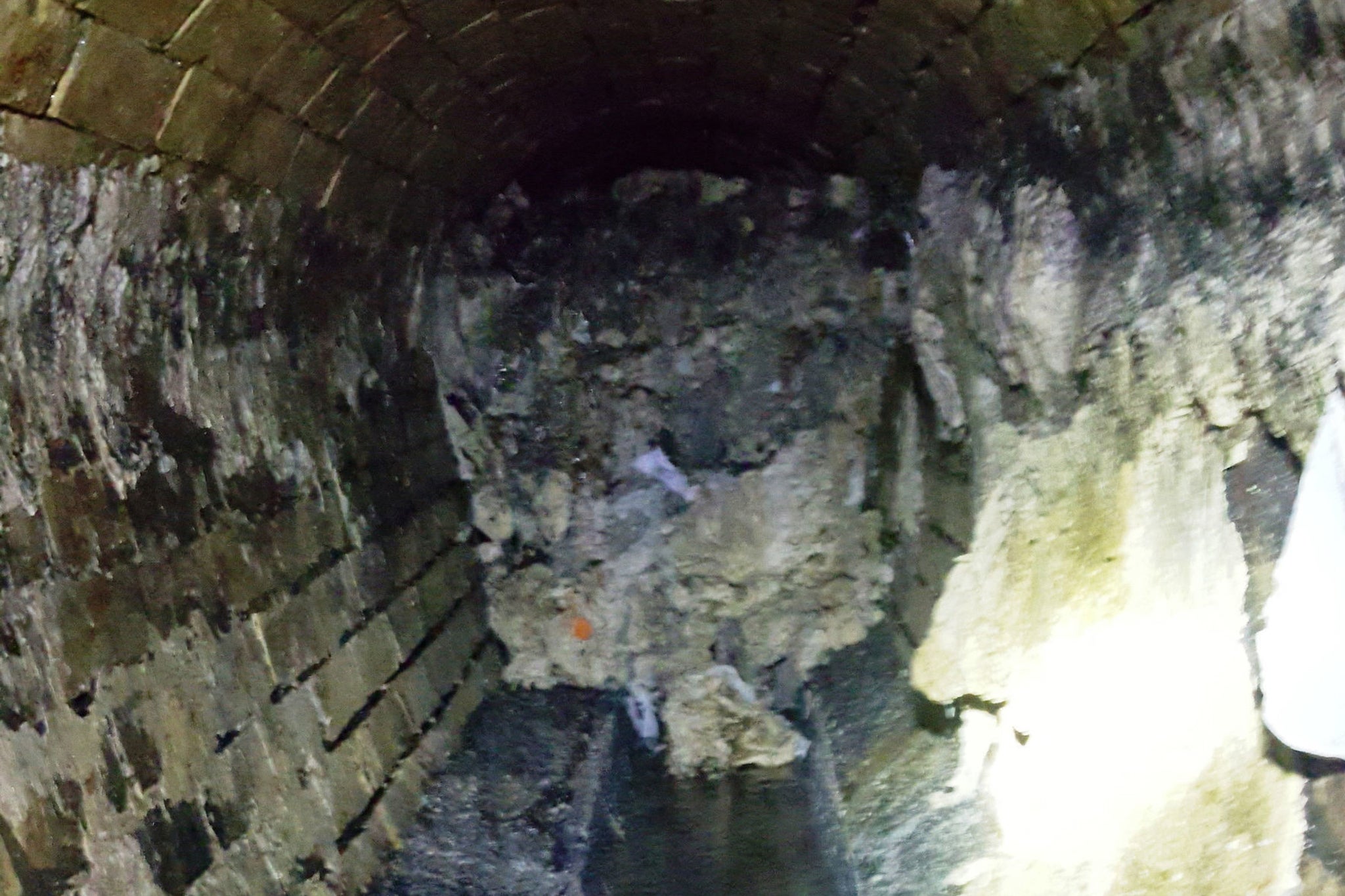Ban wet wipes containing plastic, says Labour MP
An estimated 11 billion wet wipes are sold each year and the majority contain plastics

Your support helps us to tell the story
From reproductive rights to climate change to Big Tech, The Independent is on the ground when the story is developing. Whether it's investigating the financials of Elon Musk's pro-Trump PAC or producing our latest documentary, 'The A Word', which shines a light on the American women fighting for reproductive rights, we know how important it is to parse out the facts from the messaging.
At such a critical moment in US history, we need reporters on the ground. Your donation allows us to keep sending journalists to speak to both sides of the story.
The Independent is trusted by Americans across the entire political spectrum. And unlike many other quality news outlets, we choose not to lock Americans out of our reporting and analysis with paywalls. We believe quality journalism should be available to everyone, paid for by those who can afford it.
Your support makes all the difference.A Labour MP has proposed a new law that would ban plastic in all wet wipes.
Fleur Anderson launched a campaign to stop the manufacture and sale of any wet wipes that contain plastic, arguing they are behind 93 per cent of blockages in UK sewers and are contributing to an “ecological disaster.”
Her bill will have its first reading on Tuesday and has the support from a number of MPs and environmental organisations.
An estimated 11 billion wet wipes are sold each year in the UK and roughly 2.5 billion are flushed away.
Fleur Anderson MP said she wants to make it easier for the consumer to make environmentally friendly choices. She added: “I know that parents want to do the right things and all I am saying is that we can make it easier on them and on everyone who relies on the use of wet wipes every day.
“Everyone should bin and not flush wet wipes, but either way they contain plastic which gets in the environment and kills wildlife. My Bill comes in the same week as world leaders are meeting for COP26 and will show that the UK can take serious action and ban plastic from wet wipes made and sold in the UK.”
Wet wipes are made up of non-woven materials that are bonded together using resins, chemicals or high pressure. This means that they do not break down very easily and, as they are designed to be wet, do not come apart easily in water.
In a two hour clean-up run by Thames21 in 2019, 23,000 wet wipes were found on the shore of the River Thames in southwest London.
According to Ms Anderson, 90 per cent of the wet wipes used in the UK contain some form of plastic which, when broken down, turn into microplastics which can be ingested by wildlife and enter the food chain and water supply.
Last month researchers announced they had discovered microplastics in the blood of animals for what is believed to be the first time ever. Microplastics were found in the blood of cows and pigs in a study carried out by scientists at Vrije University in Amsterdam.
The researchers believe that the results could have serious implications for public health.
Ms Anderson said: “The plastic in wet wipes breaks down into microplastics, which can be ingested by marine and riverine animals, and are entering into our food chain and water supply. The environmental damage caused by plastic waste is causing an ecological disaster with 100m marine animals dying each year from plastic waste alone.”
The MP noted non-plastic alternatives to wet wipes are on the market already. She added the labelling for wet wipes was confusing and “there will be thousands of people out there right now using wet wipes every day with no idea that they are using a single-use plastic an with no idea of the harm that it is doing to our water systems and our marine environments”.
Ruth Piggin, head of public affairs at Water UK, said: “We wholly support this Bill and the spotlight it shines on an issue central to improving the health of our rivers and cutting storm overflow spills. Legislative action is needed to ensure manufacturers of wet wipes design plastics out of their products, so the negative environmental impacts of wet wipes are prevented at source.”
A spokesperson for the WWF said: “We can become the generation that changes our flushaway culture and begins to restore nature instead of destroying it, but we need government police to lead the way.”
Environment minister Lord Goldsmith said during the Environment Bill report stage in the Lords that Defra was working on the issue of wet wipes, but could not give a timeline or specific plans.
Join our commenting forum
Join thought-provoking conversations, follow other Independent readers and see their replies
Comments